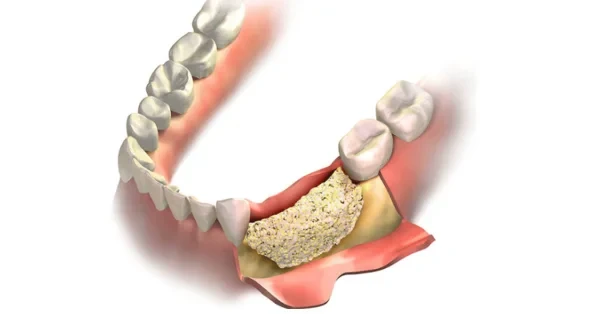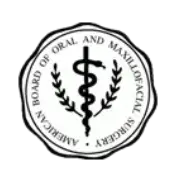How to Heal Faster After Bone Grafting in Washington
Healing after a bone graft can take time, but following the right steps can help your body recover faster and more comfortably. Whether your procedure was performed to restore jaw strength or prepare for dental implants, the care you take afterward will have a big impact on your results. Before we explore how to heal more efficiently, it’s useful to understand what the process involves. Bone grafting is a procedure where natural or synthetic bone material is added to areas that need reinforcement — often after tooth loss or before implant placement. Over time, the graft fuses with your existing bone, creating a strong foundation for future treatments.
In our previous blog, we discussed the dietary guidelines to follow for faster healing after a grafting procedure. In this blog, we will go through how, with proper aftercare, one can minimize discomfort and speed up recovery.
Top 5 Tips to Heal Faster After Bone Grafting
Below are five expert tips to help you heal faster and get the best results from your bone graft.
-
Follow Your Surgeon’s Post-Op Instructions
Your oral surgeon’s instructions are personalized for your specific case. They may include guidelines on taking medications, rinsing, and avoiding certain foods. Carefully following these directions can help prevent infection and ensure your graft heals properly. Don’t rinse or spit too forcefully within the first 24 hours — this could dislodge the clot or disturb the graft site. If antibiotics or pain medication are prescribed, take them exactly as directed to reduce inflammation and discomfort.
-
Eat Soft, Nutrient-Rich Foods
A healthy, soft-food diet supports your body’s ability to heal after bone grafting in Washington. Stick to foods like yogurt, mashed vegetables, smoothies, oatmeal, and soups during the first few days. Avoid anything hard, crunchy, or spicy that could irritate the surgical area. Nutrients such as vitamin C, zinc, and protein are especially important for tissue repair and bone growth. Staying hydrated also helps flush out toxins and maintain a moist environment in your mouth for better recovery.
-
Practice Gentle Oral Hygiene
Maintaining cleanliness after surgery is essential to prevent infection. However, the key is being gentle. Use a soft-bristled toothbrush and avoid brushing directly on the grafted area for the first few days. Rinse your mouth lightly with warm salt water after meals to keep bacteria away. Once your dentist approves, you can resume normal brushing and flossing — just take care around the healing site.
-
Rest and Take It Easy
After surgery, it’s important to allow your body time to rest. Avoid strenuous activities like heavy lifting, bending, or intense exercise for at least 48 hours. These actions can increase blood pressure and cause bleeding at the surgical site. To lessen swelling, lie with your head partially raised. Remember, your body uses energy to repair bone tissue — the more rest you give it, the faster it heals.
For patients who experience anxiety before or during surgery, sedation dentistry in Washington options can make procedures like bone grafting far more comfortable. By feeling calm and relaxed, you can reduce stress hormones that sometimes slow the healing process.
-
Avoid Smoking and Alcohol
Smoking and alcohol are two major factors that can slow down your recovery. Nicotine restricts blood flow to the surgical area, reducing oxygen and nutrients your body needs to regenerate bone. Alcohol, on the other hand, can interfere with prescribed medications and dry out your mouth. Avoiding both before and after your surgery greatly improves your chances of a quick, smooth recovery. Even a temporary break from these habits can make a noticeable difference in your healing progress.
Preparing for the Next Step
Once the graft has fully integrated with your natural bone, you’ll be ready for the next stage — restoring your smile with dental implants in Washington. A successful bone graft creates a solid base for implants, helping them last longer and function just like real teeth. Your oral surgeon will monitor your healing through follow-up visits to ensure everything is progressing as expected.
Conclusion:
Recovering from a bone graft requires patience, consistency, and care — but by following these five simple tips, you can heal faster and more comfortably. Focus on proper rest, gentle hygiene, nutritious food, and avoiding harmful habits. With your surgeon’s guidance and a commitment to aftercare, you’ll be well on your way to a stronger, healthier jaw and a confident smile.
If you’re preparing for a bone graft or dental implant procedure, reach out to your trusted oral surgeon in Washington for expert guidance and compassionate care. With the right approach, you can achieve outstanding results and enjoy long-term oral health. Call now at (202) 610 0600!






4.9 Stars
based on 134 reviews
5 Stars
based on 11 reviews
5 Stars
based on 11 ratings